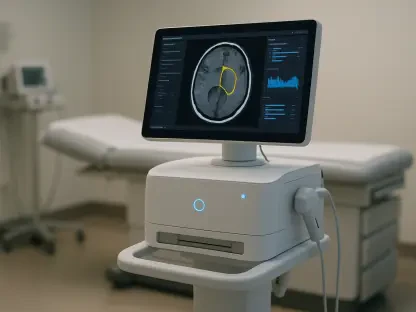The landscape of healthcare is constantly evolving, and a significant change may soon be on the horizon for the process of prior authorization within Medicare. The cumbersome nature of prior authorization has been a thorny issue for patients and healthcare providers alike. With the aim of alleviating the burden, Congress has embarked on a bipartisan endeavor to streamline the process for Medicare insurers. This comes after an earlier version of a similar reform bill was stalled due to an alarmingly high cost projection for the federal government. Understanding the need for improvement, nearly 400 health organizations have rallied around this cause, voicing shared concerns over the current practices that have been affecting patient care in Medicare Advantage.
A Push for Modernization
In response to the challenges posed by the prior authorization process, the proposed legislation is setting its sights on the integration of electronic systems. The implementation aims to speed up coverage decisions, increase transparency, and ensure better accountability from insurers. Under the new bill, Medicare Advantage plans would be mandated to adopt these systems, enabling them to provide swift decision-making and detailed reporting on authorization practices to the Department of Health and Human Services. Unlike its predecessor, the current version of the bill is designed to avoid any additional federal expenses—highlighting a more cost-effective approach toward regulatory reform. Particularly, the bill eliminates the costly mandate for real-time authorization decisions, addressing the financial concerns that hindered the previous attempt.
Securing Legislative Steadfastness
The healthcare landscape is in a state of flux, with Medicare’s prior authorization process teetering on the brink of a major overhaul. Historically a headache for both providers and patients, this complex procedure may soon see simplification. A bipartisan push in Congress aims to cut through the red tape for Medicare insurers, addressing issues that bogged down similar past legislation—namely, a lofty price tag for the federal purse. Recognizing the urgent call for change, almost four hundred health organizations have united, clamoring for reform. They argue that the existing prior authorization methods under Medicare Advantage negatively impact patient care. Such unity underscores the critical nature of the reform and the widespread desire to see improvements in patient services and healthcare efficacy.









